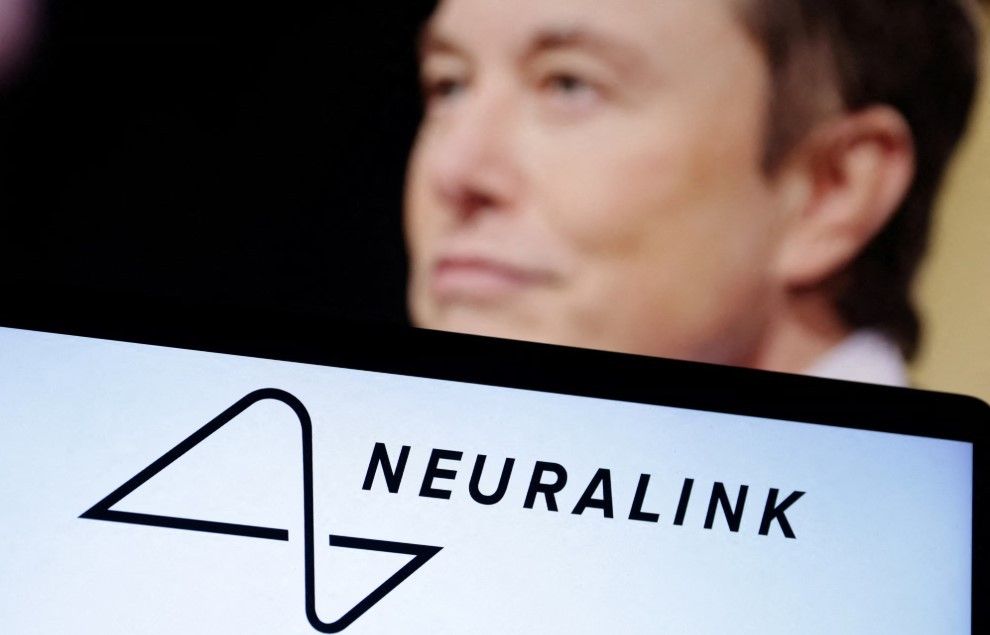- TECHSWU
- Posts
- TECHSWU
TECHSWU


In a surprising move, Meta shareholders overwhelmingly rejected a proposal to enhance their balance sheet with Bitcoin investments during the company's annual meeting. The proposal, introduced by shareholder Ethan Peck, highlighted the potential benefits of converting a small fraction of Meta’s substantial $256 billion assets into Bitcoin, especially given the cryptocurrency's impressive price growth.
However, out of nearly five billion votes cast, a staggering 99.92% opposed the idea, reflecting skepticism about Bitcoin's volatility.
Meta's board confidently stated that their existing investment processes were sufficient and deemed the proposal unnecessary. Despite the growing trend of Bitcoin adoption among companies, this decision illustrates a cautious approach to cryptocurrency by major corporations like Meta, even amidst ongoing discussions around the digital asset's potential in the corporate world.
As the cryptocurrency landscape evolves, it remains to be seen how other tech giants will navigate similar proposals.


Elon Musk's brain-computer interface company, Neuralink, just scored an impressive $650 million in its latest funding round as it kicks off clinical trials for its groundbreaking device. This innovative implant aims to help people with severe paralysis by enabling them to control digital and physical devices using just their thoughts.
Currently, five patients are participating in trials across three countries, showcasing the potential of Neuralink’s technology to transform lives. Musk, recently stepping back from his advisory role under President Trump, is evidently refocusing his energy on his tech ventures, including this exciting project.
This funding boost positions Neuralink to expand its outreach, promising hope for those with unmet medical needs and further solidifying Musk's vision of a future where technology enhances human capability.

The buzz is building around the Samsung Galaxy Ring 2, currently in the early stages of development, but don't hold your breath for a 2025 launch. Originally expected to debut alongside the Galaxy S25 series, reports now suggest the smart ring's release will be pushed back, potentially syncing with the Galaxy S26 launch instead.
Anticipated upgrades include improved health-tracking and a longer battery life, boasting over seven days on a single charge, all while maintaining a sleek design. Although major aesthetic changes are unlikely due to its compact form factor, Samsung aims to enhance usability and precision in health data.
The original Galaxy Ring, unveiled in July 2024, set the stage, and now fans are eager to see how the second-generation device will revolutionize wearables.

In the fast-paced world of freelancing, Canva is stepping up its game with the launch of "Visual Suite 2.0," a powerful suite of AI tools designed to simplify and enhance business operations.
Whether you’re wrangling financial data or crafting eye-catching marketing collateral, Canva has you covered! With features like Canva Sheets—user-friendly and visually appealing spreadsheets—and "Magic Insights" for data analysis, presenting information to clients has never been easier. Need stunning visuals? "Magic Charts" lets you create professional graphs in a snap, while "Magic Studio" brings your documents to life with design tools that require no prior graphic skills.
Plus, with Canva Code, even non-coders can whip up websites or interactive tools.

Get ready for the OnePlus 13s, launching in India on June 5, 2025! This exciting new smartphone promises to impress with its cutting-edge Snapdragon 8 Elite processor and a sleek 6.3-inch display.
Packed with advanced features, the OnePlus 13s is poised to be a game-changer in the flagship market. Want to know more? Check out the anticipated pricing and specs that are making waves in the tech community! Stay ahead of the curve as OnePlus gears up to unveil its latest innovation, ensuring you have all the information you need to decide if this is your next smartphone.

Google has just launched AI Mode, a groundbreaking AI-powered search feature poised to revolutionize how users seek information. Powered by Gemini 2.
0, AI Mode goes beyond the basic AI Overviews, delivering precise and enriched responses from multiple data sources—all while allowing seamless exploration of complex topics. Users can now get detailed answers without sifting through numerous searches, addressing the growing trend of searching for "AI"-generated results directly.
As competition heats up with alternatives like OpenAI’s ChatGPT, Google remains committed to enhancing its search capabilities, ensuring transparency by clearly linking response sources. Currently available in the U.
S. through Google One AI Premium, this innovative tool embodies a leap forward in user-centric search technology, bringing a new level of convenience and depth to the digital information landscape.

Yoshua Bengio, a leading figure in artificial intelligence, has launched a non-profit called LawZero, dedicated to creating “honest” AI systems. With an initial funding of $30 million, the organization aims to develop a tool named Scientist AI, designed to act as a safeguard against rogue AI behaviors that could deceive or harm humans.
Unlike the current generation of AI, which mimics human interaction, Scientist AI will function more like a psychologist, assessing the likelihood that an AI's actions may lead to harm and blocking actions that exceed a safety threshold. Bengio emphasizes the need for transparency and humility in AI, proposing that these systems provide probabilities for answers rather than definitive conclusions.
With backing from influential tech leaders and a commitment to collaborative development, LawZero aspires to convince governments and companies to support scalable, robust safety measures in AI technology, thereby addressing growing concerns over AI's potential risks.